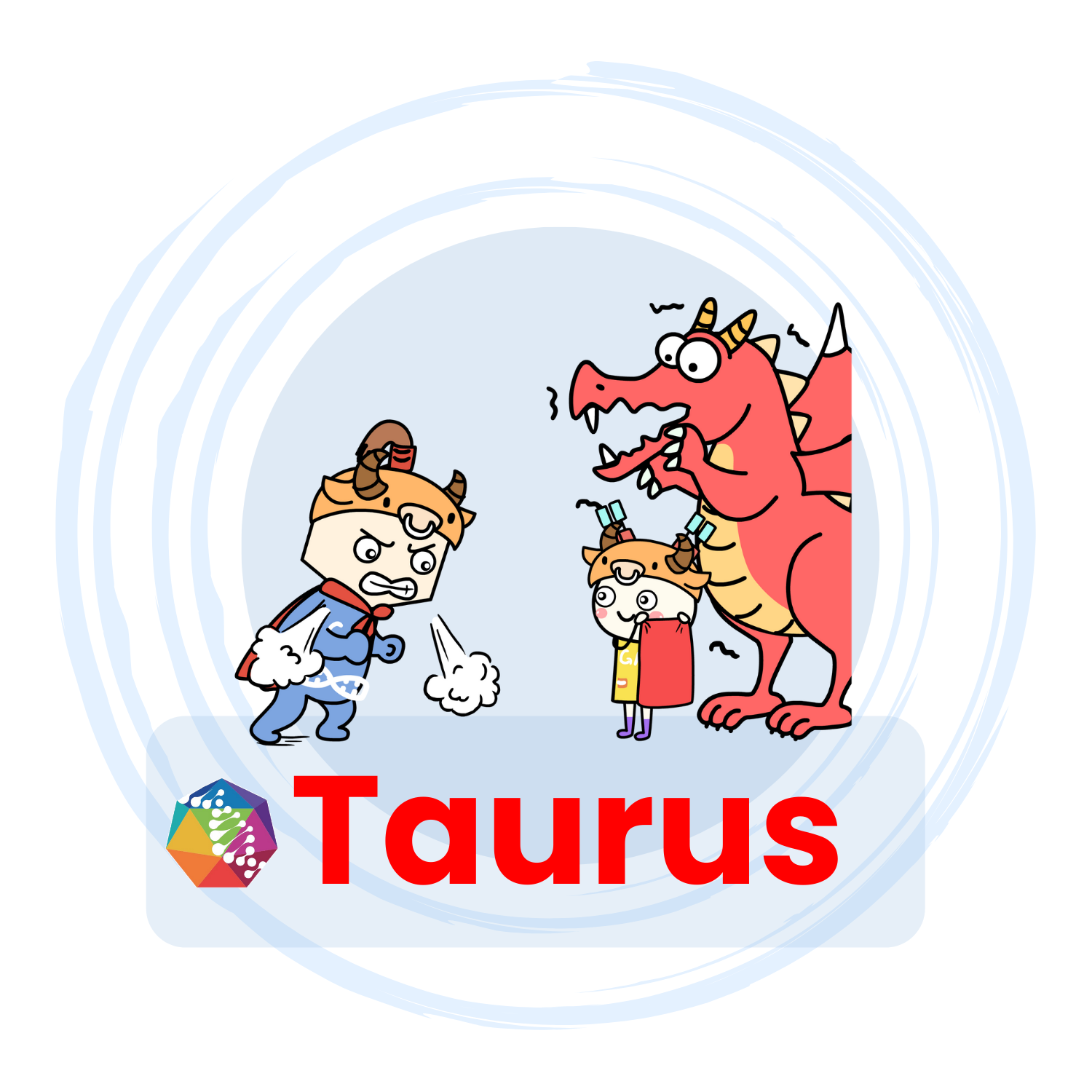Recombinant multi-species CDK1 protein for cell curture, in vitro study, in vivo study, benchmark, drug discovery & MOA research and positive control for the diagnosis
Genemedi produces recombinant Human, Cynomolgus/ Rhesus macaque, Rat, Mouse, Feline, Canine, Bovine, Equine CDK1 protein for cell curture, in vitro study, in vivo study, benchmark, drug discovery & MOA research and positive control for the diagnosis.
The protein encoded by this gene is a member of the Ser/Thr protein kinase family. This protein is a catalytic subunit of the highly conserved protein kinase complex known as M-phase promoting factor (MPF), which is essential for G1/S and G2/M phase transitions of eukaryotic cell cycle. Mitotic cyclins stably associate with this protein and function as regulatory subunits. The kinase activity of this protein is controlled by cyclin accumulation and destruction through the cell cycle. The phosphorylation and dephosphorylation of this protein also play important regulatory roles in cell cycle control. Alternatively spliced transcript variants encoding different isoforms have been found for this gene. [provided by RefSeq, Mar 2009]
The Alternative Names of target: CDK1,Cyclin-dependent kinase 1,CDK1,Cell division control protein 2 homolog, Cell division protein kinase 1, p34 protein kinase,CDC2,CDC28A,P34CDC2
 Go
to CDK1 products collection
>>
Go
to CDK1 products collection
>>
(antibodies,
antigen, VLP, mRNA, ORF viral vector, etc)
Product information
| Catalog No. | Product Name | Species Reactivity |
|---|---|---|
| GM-Tg-hg-T49898-Ab-1/ GM-Tg-hg-T49898-Ab-2 | Human CDK1 protein | Human |
| GM-Tg-rg-T49898-Ab-1/ GM-Tg-rg-T49898-Ab-2 | Rat CDK1 protein | Rat |
| GM-Tg-mg-T49898-Ab-1/ GM-Tg-mg-T49898-Ab-2 | Mouse CDK1 protein | Mouse |
| GM-Tg-cynog-T49898-Ab-1/ GM-Tg-cynog-T49898-Ab-2 | Cynomolgus/Rhesus macaque CDK1 monoclonal antibody | Cynomolgus/ Rhesus macaque |
| GM-Tg-felg-T49898-Ab-1/ GM-Tg-felg-T49898-Ab-2 | Feline CDK1 protein | Feline |
| GM-Tg-cang-T49898-Ab-1/ GM-Tg-cang-T49898-Ab-2 | Canine CDK1 protein | Canine |
| GM-Tg-bovg-T49898-Ab-1/ GM-Tg-bovg-T49898-Ab-2 | Bovine CDK1 protein | Bovine |
| GM-Tg-equg-T49898-Ab-1/ GM-Tg-equg-T49898-Ab-2 | Equine CDK1 protein | Equine |
Size: 1mg | 10mg | 100mg
Product Description
| Catalog No. |
GM-Tg-hg-T49898-Ab-1/ GM-Tg-hg-T49898-Ab-2;
GM-Tg-rg-T49898-Ab-1/ GM-Tg-rg-T49898-Ab-2;
GM-Tg-mg-T49898-Ab-1/ GM-Tg-mg-T49898-Ab-2; GM-Tg-cynog-T49898-Ab-1/ GM-Tg-cynog-T49898-Ab-2; GM-Tg-felg-T49898-Ab-1/ GM-Tg-felg-T49898-Ab-2; GM-Tg-cang-T49898-Ab-1/ GM-Tg-cang-T49898-Ab-2; GM-Tg-bovg-T49898-Ab-1/ GM-Tg-bovg-T49898-Ab-2; GM-Tg-equg-T49898-Ab-1/ GM-Tg-equg-T49898-Ab-2 |
| Products Name | CDK1 protein |
| Species | Human, Cynomolgus/ Rhesus macaque, rat, mouse, Feline, Canine, Bovine, Equine |
| Target Name | CDK1 |
| Protein Sub-location | Introcelluar Protein |
| Isotypes | Recombinant protein |
| Expression platform | Mammalian cell |
| Bioactivity validation | Affintiy&bioactivity validated by ELISA, cell culture validated. |
| Tag | His |
| Products description | Recombinant Human, Cynomolgus/ Rhesus macaque, Rat, Mouse, Feline, Canine, Bovine, Equine CDK1 protein was expressed in mammalian cell expression system and is expressed with 6 HIS tag at the C-terminus for cell culture, ELISA or other affinity binding assay or functional assay development, animal model development, PK/PD model development (Pharmacokinetics & Pharmacodynamic). |
| Purity | Purity: ≥95% (SDS-PAGE) |
| Application | In vitro study, in vivo study, benchmark, positive control for the diagnosis. Biological drug disovery including cell culture, assay development, animal model development, PK/PD model development (Pharmacokinetics & Pharmacodynamic) and mechanism of action (MOA) research. |
| Formulation & Reconstitution |
Lyophilized from GM's Protein Stability Buffer2
(PSB2,Confidential Ingredients) or PBS
(pH7.4); For PSB2, reconstituted with 0.9% sodium chloride; For PBS, reconstituted with ddH2O. |
| Storage | Store at -20℃ to -80℃ under sterile conditions. Avoid repeated freeze-thaw cycles. |
Reference
About Gmab


GMab, developed by GeneMedi, constitutes an
advanced library of recombinant
monoclonal antibodies, each meticulously
designed to target specific molecular
entities. Leveraging the sophisticated
capabilities of GM’s Taurus™ and LIBRA™
platforms, GMab synthesizes antibodies
characterized by high binding affinity,
exceptional physicochemical stability, and
optimal developability profiles.
Through
expression in mammalian cell lines, GMab has
been established as a paradigmatic
reference antibody. It holds significance in
myriad domains of biological drug
discovery, encompassing cellular cultivation,
innovative assay methodologies,
strategic animal model systematization, in-depth
pharmacokinetic & pharmacodynamic
(PK/PD) modeling, and intricate mechanism of
action (MOA) investigations.


